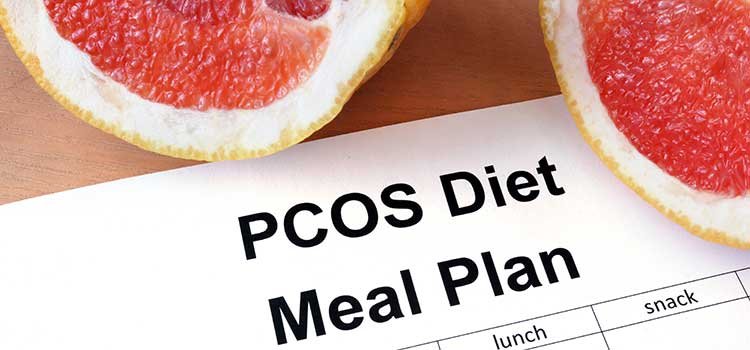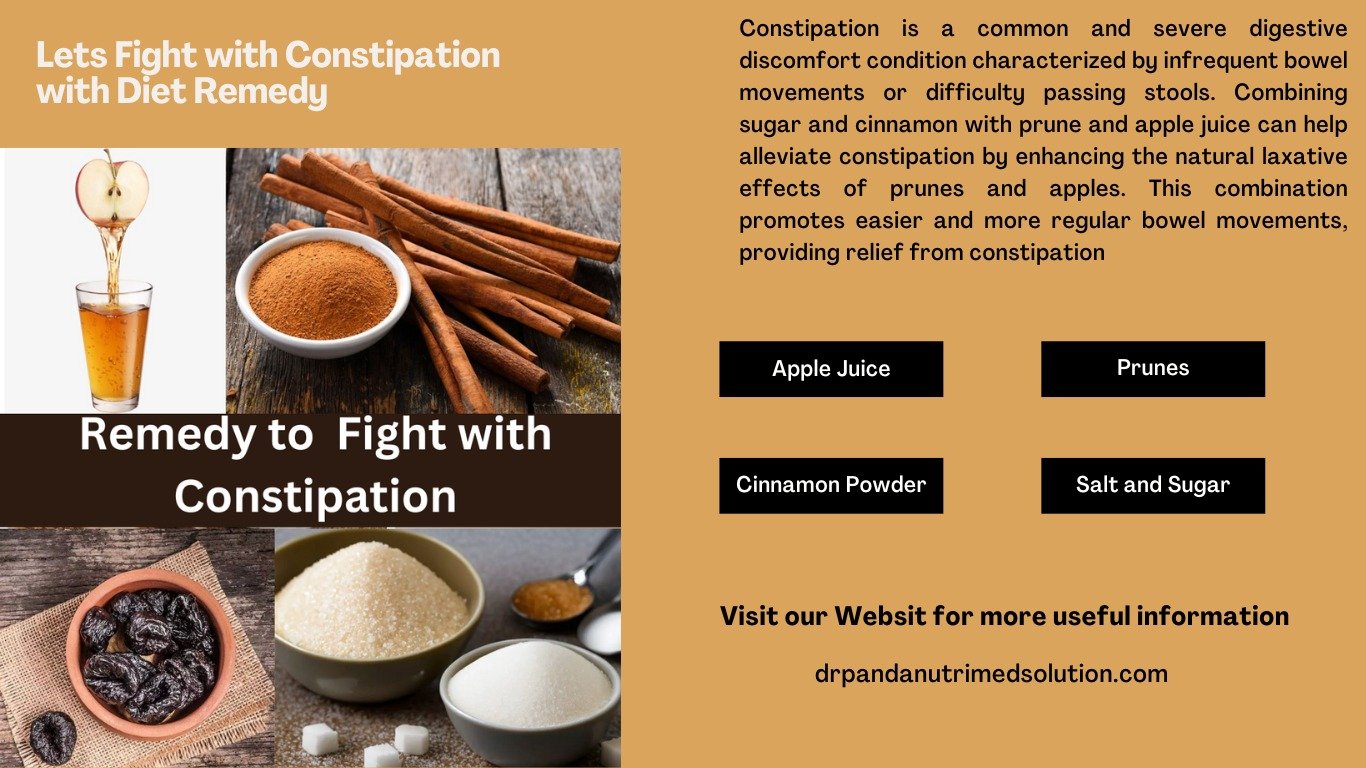Introduction:
Polycystic Ovary Syndrome (PCOS) is common hormonal disorder affecting with ovaries. Diet for PCOS Management involves a multifaceted approach, with diet playing a crucial role. By making mindful choices and lifestyle adjustments, individuals with PCOS can better manage their symptoms and improve their overall-being.
Understanding PCOS
PCOS is characterized by hormonal imbalances, irregular periods, and the presence cysts on the ovaries. Symptoms may include weight gain, acne, and infertility.
Importance of Diet in Managing PCOS
Diet can influence hormone levels, insulin resistance, and inflammation, all of which are key factors in PCOS management. A balanced diet can help regulate these aspects and alleviate symptoms.
Overview of Recommended Nutritional Guidelines for PCOS
The recommended dietary approach for managing PCOS focuses on consuming nutrient-dense food and avoiding processed and sugary items. The goal is to stabilize blood sugar levels, reduce inflammation, and support hormonal balance.
1.Essential Nutrients for PCOS Management

Ensuring adequate intake of essential nutrients is crucial for managing PCOS effectively. Incorporating the following nutrients into your diet can help support overall well-being:
- Fiber-rich Foods: Foods high in fiber, such as whole grains, fruits, and vegetables, can aid in digestion, reduce insulin spikes, and promote a feeling of fullness.
- Healthy Fats: Sources of healthy fats like avocados, nuts, and seeds are beneficial for hormone production, cell function, and reducing inflammation.
- Lean Proteins: Lean protein sources like poultry, fish, and plant-based proteins provide essential amino acids for hormone synthesis and muscle maintenance.
2.Foods to Avoid for PCOS

Certain foods can exacerbate PCOS symptoms and should be limited or avoided in your diet:
- Processed Foods and Sugary Treats: These items can lead to spikes in blood sugar levels and contribute to insulin resistance.
- High Glycemic Index Foods: Foods with a high glycemic index, such as white bread and sugary cereals, can cause rapid blood sugar fluctuations.
- Dairy Products and Red Meat: Some individuals with PCOS may benefit from reducing or eliminating dairy and red meat due to their potential impact on hormone levels.
3.Meal Planning Tips for PCOS

Effective meal planning is essential for maintaining a balanced diet with PCOS. Consider the following tips to support your dietary goals:
- Balancing Macros in Each Meal: Aim to include a balance of carbohydrates, protein, and healthy fats in every meal to promote stable blood sugar levels.
- Importance of Regular Meal Times: Establishing regular meal times can help regulate hunger cues and prevent overeating or excessive snacking.
- Portion Control and Mindful Eating: Paying attention to portion sizes and savoring each bite can prevent mindless eating and promote healthier food choices.
4.Lifestyle Changes to Support a Balanced Diet

In addition to dietary modifications, incorporating lifestyle changes can further enhance your PCOS management efforts:
- Regular Exercise Routine: Engaging in regular physical activity can help improve insulin sensitivity, manage weight, and reduce stress levels.”
- “Stress Management Techniques: Practicing stress-reducing activities such as meditation, yoga, or deep breathing exercises can help regulate cortisol levels and support hormone balance.”
- “Adequate Sleep and Hydration: Prioritizing good sleep hygiene and staying hydrated are crucial for overall well-being and hormone regulation.”
Conclusion
In conclusion, balancing your diet plays a significant role in managing PCOS effectively. By prioritizing nutrient-dense foods, avoiding triggers, and embracing a healthy lifestyle, individuals with PCOS can experience improvements in their symptoms and quality of life. Consistency in diet and lifestyle changes is key, and seeking guidance from healthcare professionals or registered dietitians can provide personalized support on your journey to better health.
FAQs:
- Can supplements help with managing PCOS symptoms?
While supplements may be beneficial for some individuals with PCOS, it’s essential to consult with a healthcare provider before starting any new regimen.
- Is the keto diet recommended for PCOS management?
The keto diet, which focuses on high fat and low carb intake, may work for some individuals with PCOS. However, its long-term effects on hormone balance and overall health should be considered.
- How long does it take to see improvements in PCOS symptoms with a balanced diet?
The timeline for noticing improvements in PCOS symptoms can vary depending on individual factors. Consistent adherence to a balanced diet and lifestyle changes is key to seeing lasting results.es it takes to see improvements in PCOS symptoms with a balanced diet.
Read More:



